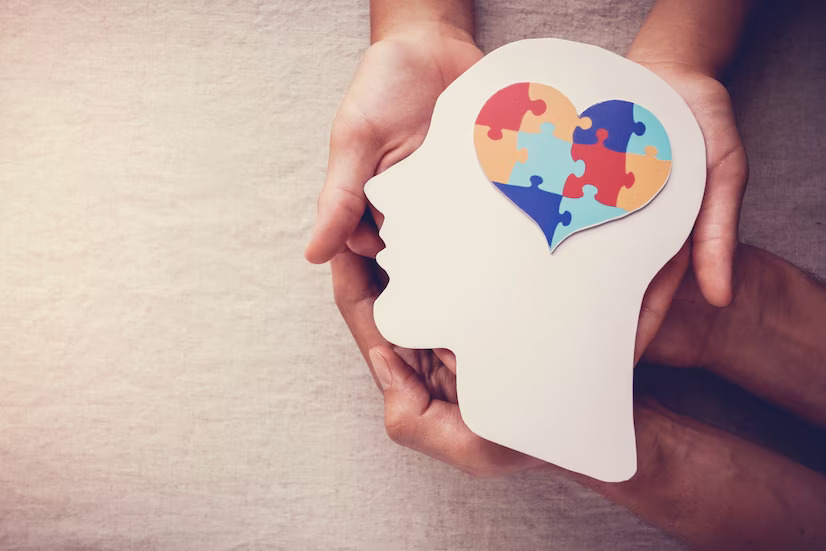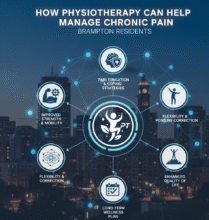Why Is Men’s Mental Health Month Ignored? What We Should Know
- 1 Men’s Mental Health Month: The Factors of Mental Health Disorders in Men
- 1.1 Genetics
- 1.2 Lack of Social Connections
- 1.3 Traditional Gender Roles
- 1.4 Work-Life Balance
- 1.5 Money Troubles
- 2 Why is Men’s Mental Health Month Ignored?
- 2.1 Stigma Around Mental Health Issues
- 2.2 Lack of Education Around Men’s Mental Health Issues
- 2.3 Difficulty Identifying Mental Health Symptoms in Men
- 2.4 Financial Limitations for Accessing Professional Help
- 3 Conclusion
We are living in a time of increased mental health awareness, with a spotlight being put on the importance of talking about such issues and looking out for those who may be struggling. Yet one particular topic has been left grossly overlooked – men’s mental health.
With high rates of mental illness such as depression, suicide, substance abuse, and more within the male population, it is shocking that there doesn’t appear to be an upgrade in ‘awareness’ levels within society when it comes to discussing this important matter.
This Men’s Mental Health Month, we need to break through the stigma and start understanding why this issue isn’t discussed nearly enough, so let us take a closer look into some of the critical facts surrounding men’s mental health issues today.
Men’s Mental Health Month: The Factors of Mental Health Disorders in Men

Men experience mental health challenges at a higher rate than women, with one in eight men experiencing depression, anxiety, or substance abuse.
This month-long campaign seeks to raise awareness of men’s health issues and to promote understanding of the following factors associated with mental health disorders in men.
Genetics
Publications from Midss state that genetics can also play a role in the development of mental health disorders in men. A family history of psychiatric conditions such as depression or bipolar disorder can increase the risk for similar conditions in male relatives.
In addition, studies have shown that genetic mutations on specific genes have been linked to an increased risk for mood disorders such as schizophrenia or bipolar disorder.
Lack of Social Connections
One of the most significant risk factors for mental health disorders is social isolation. This is especially true for men, who are less likely than women to have strong social connections.
When men don’t have close friends or family members to confide in, they’re more likely to internalize their problems and struggle with mental health issues like depression and anxiety.
Traditional Gender Roles
Men are often raised with the expectation that they need to be strong and stoic, which can lead them to bottle up their emotions and suppress any sign of weakness.
This can make it difficult for men to seek help when they’re struggling, and it can also make them more likely to turn to unhealthy coping mechanisms like alcohol or drugs.
Work-Life Balance
When work demands are high and free time is limited, it can be challenging to find time for self-care. This can increase stress levels and a greater risk of developing mental health disorders. For men who already have a lot on their plate, taking care of their mental health may not be a priority.
Money Troubles
When bills start piling up, and money is tight, it can take a toll on your emotional well being. This is especially true for men, who may feel pressure to provide for their families financially.
If you’re struggling to make ends meet, it’s essential to reach out for help before your mental health suffers as a result.
Why is Men’s Mental Health Month Ignored?
Every June, men’s Health Month is observed in the United States. However, despite the effort to bring greater awareness to men’s health issues, there is still a lack of focus on this critical issue, and very few men seek treatment for their mental illnesses.
Stigma Around Mental Health Issues
There is still a stigma around mental illness, and many people don’t feel comfortable addressing the issue openly and honestly.
This can be especially true for men who may feel that if they talk about their feelings or emotions, it will reflect poorly upon them as “real men” who are expected to be strong and stoic.
As a result, many men are reluctant to seek treatment when they experience mental health issues because they fear being judged or ridiculed by others.
Lack of Education Around Men’s Mental Health Issues
Many communities lack adequate resources and information about what services are available for individuals who may be struggling with their mental health.
Without access to these resources, it can be difficult for individuals to get the help they need before their situation becomes more severe or unmanageable. As a result of this lack of education, men’s Health Awareness Month is also not well known.
Difficulty Identifying Mental Health Symptoms in Men
Men can often have difficulty identifying signs and symptoms of poor mental health in themselves due to societal expectations placed upon them regarding masculinity and emotional expression or lack thereof in males.
This difficulty can lead some male patients to self-medicate with drugs and alcohol instead of seeking professional help because they don’t recognize when something isn’t quite right emotionally until it has become an even bigger problem than it would have been addressed earlier on when symptoms first began appearing.
Financial Limitations for Accessing Professional Help
For many families living on tight budgets, paying out-of-pocket for mental health treatment or medical care explicitly related to one’s well-being may not always be an option depending on how much money one has available at any given time, therefore making it difficult, if not impossible for someone needing assistance with their psychologiwellbeingeing from getting the help they need when they need it most but cannot afford it due financial constraints alone.
Conclusion
If you’re a man struggling with your mental health, know that you’re not alone. Many factors can contribute to mental health disorders in men, but there is also help available if you need it. Reach out to a therapist or counsellor today if you’re ready to start working on your emotional well-being.

















